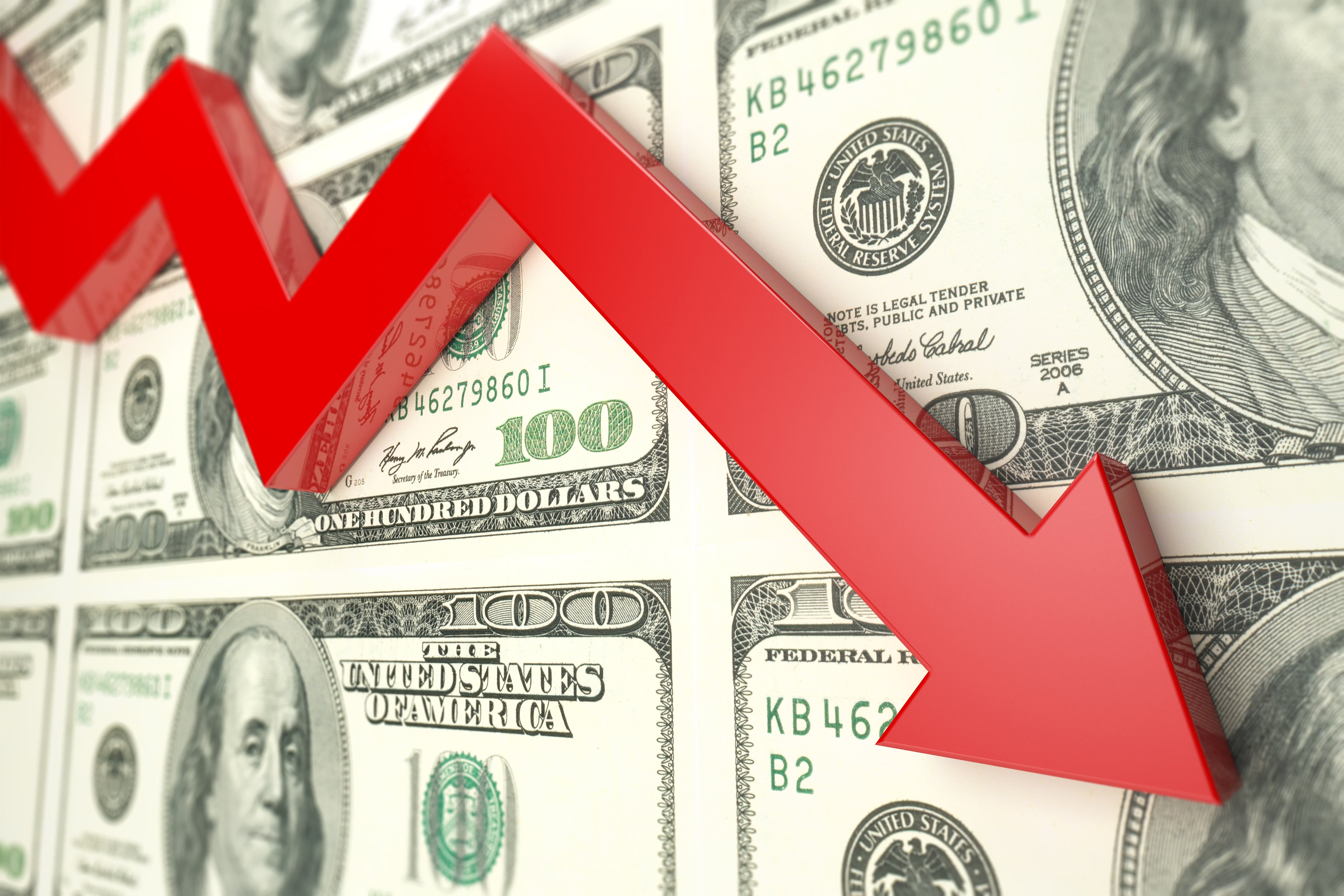Shares of luxury electric car-maker Lucid Group (LCID +2.20%) leapt ahead 6.4% through 11:40 a.m. ET Wednesday on news that... doesn't directly affect Lucid at all.
Last night, rival EV-maker Rivian Automotive (RIVN +0.59%) announced that Volkswagen (VWAGY +1.80%) is giving it a $5 billion cash infusion (total, over the next three years) and establishing a joint venture whereby VW and Rivian will combine forces to produce new electric vehicles.
Investors are betting on similar news for Lucid.

NASDAQ: LCID
Key Data Points
Does this make sense?
Aside from Saudi Arabia, which for the time being is still backing Lucid, its biggest international partner is Britain's Aston Martin, for which Lucid provides electric vehicle powertrains. But that relationship -- although described by Lucid as worth $450 million -- isn't doing much to turn Lucid profitable, even after a year's operation.
Plus, Aston Martin is actually smaller than Lucid (about one-quarter the market cap). And unlike Volkswagen, which has more than $53 billion in cash on its books, Aston Martin has less than half a billion -- less than Lucid's $4 billion.
Given its druthers, I suspect Lucid would much rather have tied up with Volkswagen. But now Rivian has done that instead.
Is Lucid stock a buy?
Investors are probably hoping that Volkswagen's big investment in Rivian is foreshadowing Lucid winning its own automotive JV. For the time being, though, it seems Saudi Arabia is basically "it." And given all the headlines we've been seeing about EV sales slowing down, and EVs becoming less popular, white knights of the Volkswagen variety could be hard to come by.
Worse news for Lucid, absent a bigger partner, the company is in some serious financial straits. Its $4 billion in cash won't last long at Lucid's current burn rate of more than $3 billion a year. In fact, with $2.4 billion in debt on its balance sheet, Lucid could be in a net debt position as little as six months from now.
No, I don't think Lucid stock is a buy.







